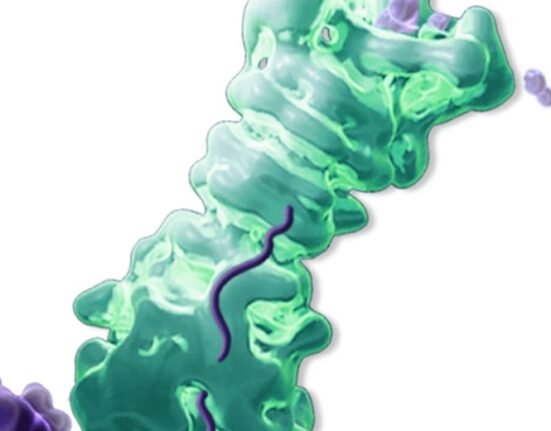HQ Times
January 2, 2025: Women tend to binge drink when their estrogen levels are high, according to a research conducted by scientists at Weill Cornell Medicine.
This phenomenon is characterized by consuming large quantities of alcohol within the first 30 minutes of starting drinking. Dr. Kristen Pleil, a senior author of the study and associate professor of pharmacology at Weill Cornell Medicine, noted that estrogen has profound effects on various behaviors in females, including drinking patterns. “We know a lot less about what drives alcohol drinking behavior in females because most studies of alcohol use have been done in males,” said Dr Plel. Yet females, too, overindulge and are more susceptible to the negative health effects of alcohol than males.
Gap in female drinking behavior
Historically, much of the research on alcohol consumption has focused on male subjects, leaving a gap in understanding female drinking behaviors. To address this, the researchers monitored hormone fluctuations during the estrous cycle of female mice before administering alcohol. They found that female mice consumed significantly more alcohol during periods of high estrogen compared to times of low estrogen.
In previous studies, Dr. Pleil’s team identified heightened activity in a specific brain region known as the bed nucleus of the stria terminalis (BNST) in female mice. This area showed increased excitability linked to binge drinking behavior. The current study builds on this foundation by demonstrating that when estrogen levels surge, this neural circuit becomes even more activated, leading to increased alcohol consumption.
The research also revealed that estrogen’s influence operates through rapid mechanisms that differ from traditional hormonal effects. Instead of binding to receptors inside cells and altering gene activity over time, estrogen appears to act quickly by binding to surface receptors on neurons, directly affecting their communication and activity.
This research could pave the way for new treatment approaches for alcohol use disorders by targeting estrogen levels to help manage binge drinking behaviors. The study’s implications are particularly relevant given rising concerns about alcohol consumption among women; recent data indicated that British women rank among the highest binge drinkers globally.
During the pandemic lockdown, studies indicate that women increased their heavy alcohol consumption more than men. That behavior has important consequences for women’s health, said Dr. Pleil, “because many studies show this pattern of drinking enhances alcohol’s harmful effects.” Women had many more alcohol-related hospital visits and complications than men during and since the pandemic.
The full research paper can be accessed in Nature Communications.








